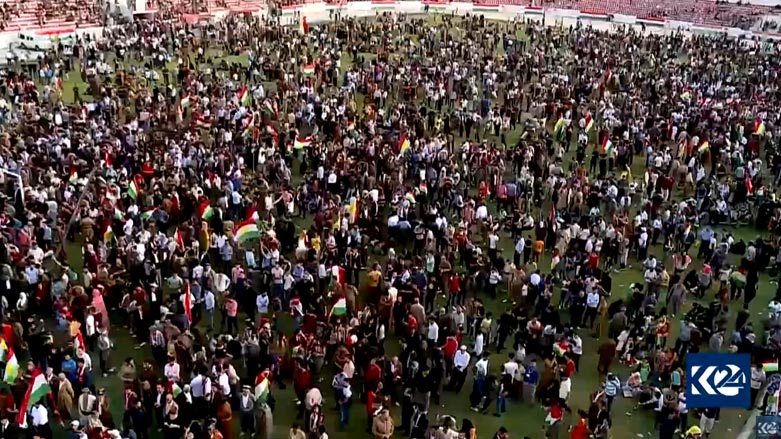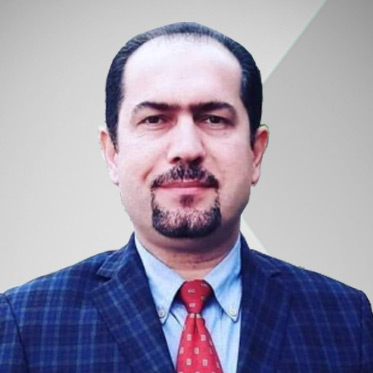Kurdish Diaspora: A Significant Force!

Expatriates living away from their homeland wield considerable influence in their host countries in a variety of ways. Through maintaining a link with their home country, these diaspora groups are impacting the politics of their host countries. They can represent their home country through their activities and daily lives. This is more possible in democratic systems that grant political rights to migrants. This is significant for Kurds and Kurdistanis (Kurds in Middle Eastern territories not governed by Kurdish authorities), as they lack many formal channels of representation and are not present in the world, for they lack their own state.
Other nations, like the Jewish, Armenian, Greek, Lebanese, and Turkish communities, are deeply engaged in these diasporic activities, which could be an example for Kurds to draw lessons from. This is more vivid in a country like the US, where lobbying activities are more common and possible, but other western democratic countries are also offering these possibilities, albeit differently. Hence, knowing the socio-political culture of the host country is essential.
Facing persistent persecution at home, the Kurdish people had no choice but to seek refuge abroad, particularly in Western European countries, America, and Australia. The first generation is usually facing enormous challenges in adapting to the cultures of their host countries, which ultimately limits their influence on politics both in the newly adopted countries and in Kurdistan. However, the second generation, having grown up in diverse societies and embracing different cultures, holds the potential for a more effective and influential role if their efforts are consolidated.
In today’s global world, where the movement of people and goods is fast and huge, many countries are changing their constitutions and laws in order to take advantage of their diasporic communities, such as by offering dual citizenship, cultural and linguistic support, attracting talented persons, etc.
The ease of maintaining the link with home might have a downside impact as well. For instance, the partisan divisions at home are surviving among the diasporic Kurds and have hindered their unity, especially in the early stages. This impediment is preventing them from representing Kurdish society as a whole. Therefore, in order to establish a cohesive entity dedicated to lobbying for Kurdistan on the international stage, certain considerations must be taken into account:
Founders of a nonpartisan institution should boast a reputable history, hold respected positions in society, and remain neutral, detached from specific parties or ideologies.
The institution must operate independently, free from political party involvement, to ensure its sole focus is on serving the best interests of the Kurdish people and remaining distant from local conflicts and party biases.
To secure funding for the institution, members should explore methods to prevent political influence through financial support, such as regular contributions from members or donations from expatriate Kurds. This approach ensures independence in organizing cultural, artistic, and political activities, free from donor influence.
Prioritizing Kurdish youth is vital, as they have been raised, educated, and studied in these host nations. They should take a leading role in every event.
The institution's messaging should have an international focus while also addressing local problems and issues without excessive fixation.
By adhering to these principles, an entity can be established that effectively represents the Kurdish diaspora and advocates for the interests of the Kurdish people on the global stage.
Disclaimer: the views and opinions expressed in this article are those of the author and do not explicitly and/or necessarily reflect the views and opinions of Kurdistan 24.
